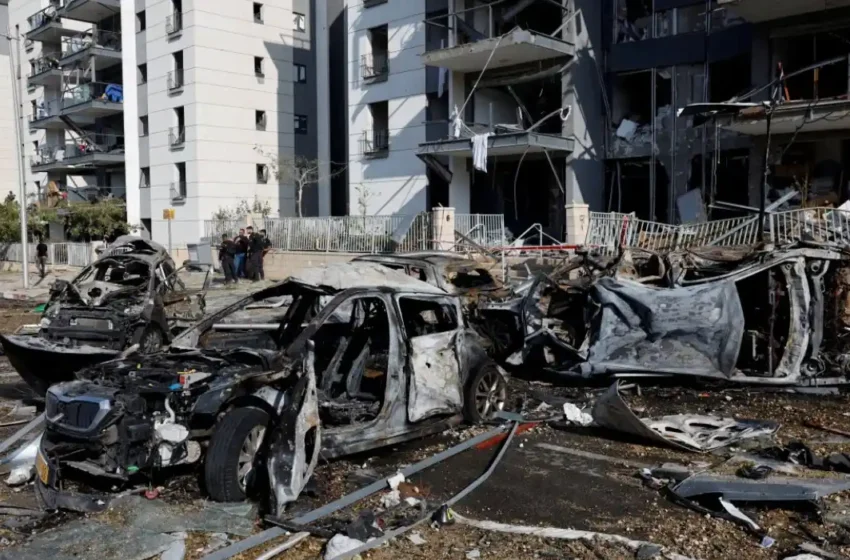
Istanbul ( Europe Brief News): President Erdogan warns that the Iran-Israel conflict could trigger a wave of migration, posing serious humanitarian and political challenges for Europe.
A week ago, Israel unleashed a major wave of strikes, claiming Iran was on the verge of producing a nuclear weapon. This raised an immediate counterattack.
“The spiral of violence triggered by Israel’s attacks could harm the region and Europe in terms of migration and the possibility of nuclear leakage,”
his office quoted him as saying in a phone conversation with German Chancellor Friedrich Merz.
Erdogan said the solution to the nuclear disagreements with Iran was “through negotiations.” He said the violence had
“raised the threat to regional security to the highest level”
and Turkiye was
“making efforts to end the conflict.”
According to a Turkish defense ministry source, there has been “no increase” in the number of people fleeing Iran despite the intensifying conflict.
No figures have been published by the Turkish government.
A customs official said the figures were “nothing unusual,” but AFP correspondents at the key Kapikoy border crossing near the eastern Turkish city of Van reported seeing several hundred individuals crossing in both directions.
Defense Minister Yasar Guler stated that “security measures at our borders have been increased” during a visit to the border on Wednesday.
How might the migration surge from the Iran-Israel conflict affect Europe’s stability?
Large numbers of individuals from the Middle East could be forced to flee their homes due to the increasing violence, which could result in a spike in the number of migrants and refugees looking for protection in Europe. Social services, asylum procedures, and border restrictions in European nations may be strained by this unexpected inflow.
A dramatic increase in migration could exacerbate social unrest and political disputes inside European nations, especially those pertaining to immigration law, integration, and resource distribution. This could aggravate divides and weaken social cohesion in host communities.
The conflict raises regional security concerns to their greatest levels, and rising migratory flows can challenge security management in Europe, particularly dangers associated with border control and monitoring of potential extremist movements.
In addition to migration, the conflict may cause energy supply disruptions and fuel price increases in Europe, which would have an indirect impact on economic stability.


